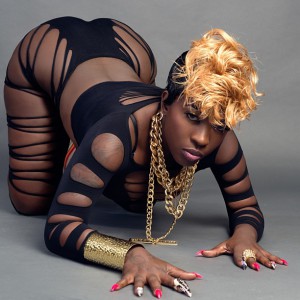What Is Twerking?
Published on March 7, 2014 at 9:23 AM by FACE OF MALAWI
Twerking is the new craze among female celebrities from Rihanna to Miley Cyrus. To those in the know, this is not a new dance. Twerking is very similar to the Mapouka dance from West Africa (Côte d’Ivoire). Mapouka is a dance done by women that focuses on the buttocks. According to African dance experts, Mapouka (or Twerking) has existed for centuries!
Last year in July, Jamaican dancehall diva, Spice, showed off her twerking skills in a music video called “Twerk”. It was received with mixed reactions; loved and celebrated by dance crews and dancehalls, and rebuked and hated by many religious groups.
Some of the frequently asked questions related to twerking asked on the internet include:
“Do guys like it when girls twerk?”
“Why do some girls twerk and others don’t?”
Of course something would be amiss if Miley Cyrus did not feature in this conversation or the official twerk anthem itself, “Bandz make her dance”, by American rapper, Jordan Michael Houston, better known by his stage name Juicy J.
Juicy J is a strong advocate of Twerking so much so that he introduced his own Twerking scholarship to University students in the United States.
According to writer, Christiana Mbakwe, “Perhaps twerking doesn’t have the technical depth or chronicled history of ballet. It isn’t viewed as a dance scholarship worthy discipline like tap. However, it has an equally interesting history. And when done properly, it takes tremendous skill and attention.”
Twerking has also featured in many race related writings. With the emergence of Miley Cyrus on the twerking scene. One internet blogger noted, “The typical worship (by EVERYONE, even including some Black women) of anyone who isn’t a Black woman doing it, the mocking of Black women’s distress about it and indulging in entitlement and arrogance about the appropriation is the problem. It’s never just people “having fun.” Their “fun” always comes at a huge price for Black women (and Black culture)—reinforcing race and gender hierarchies.”



